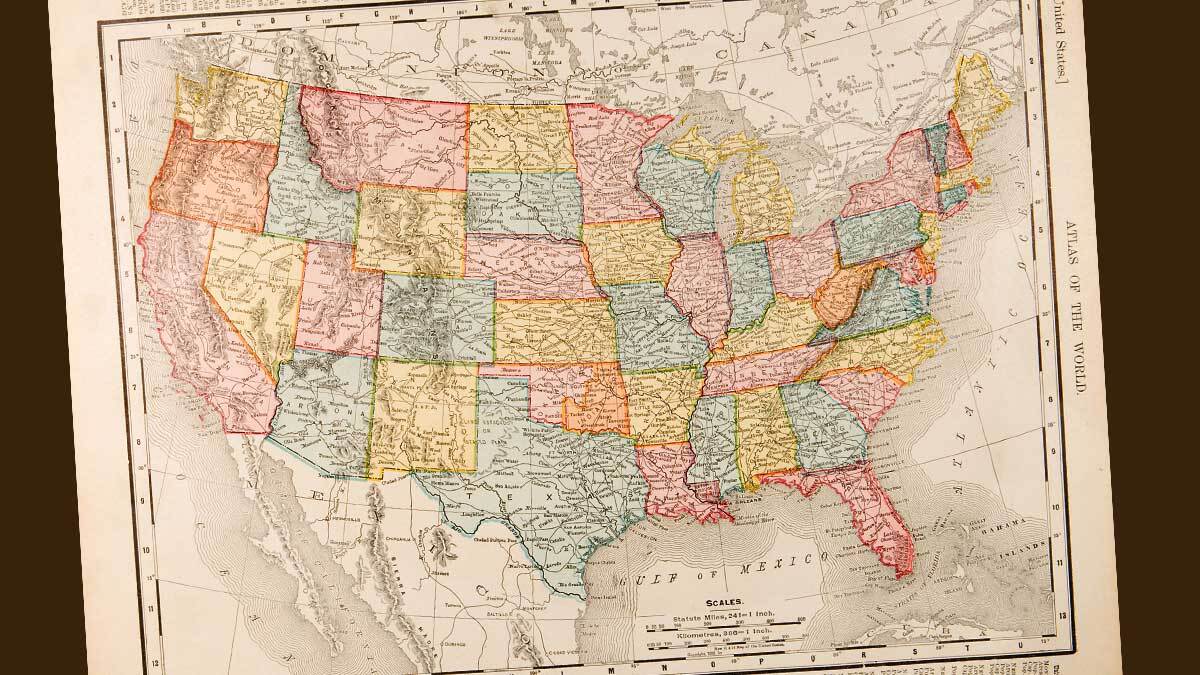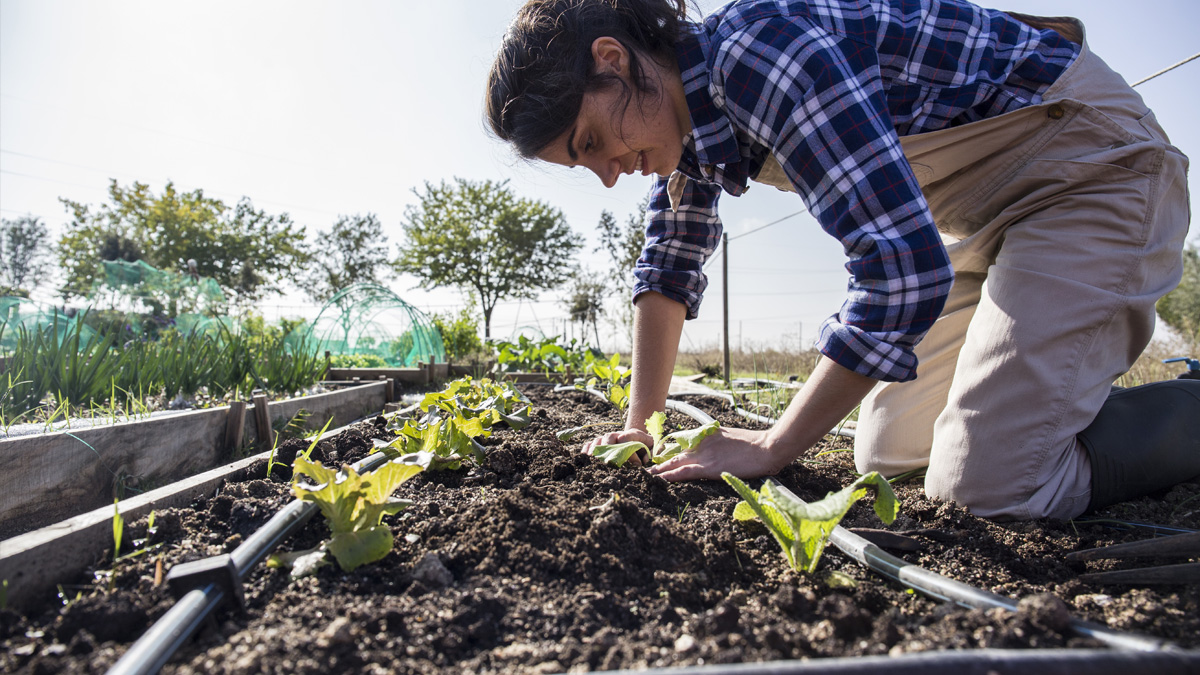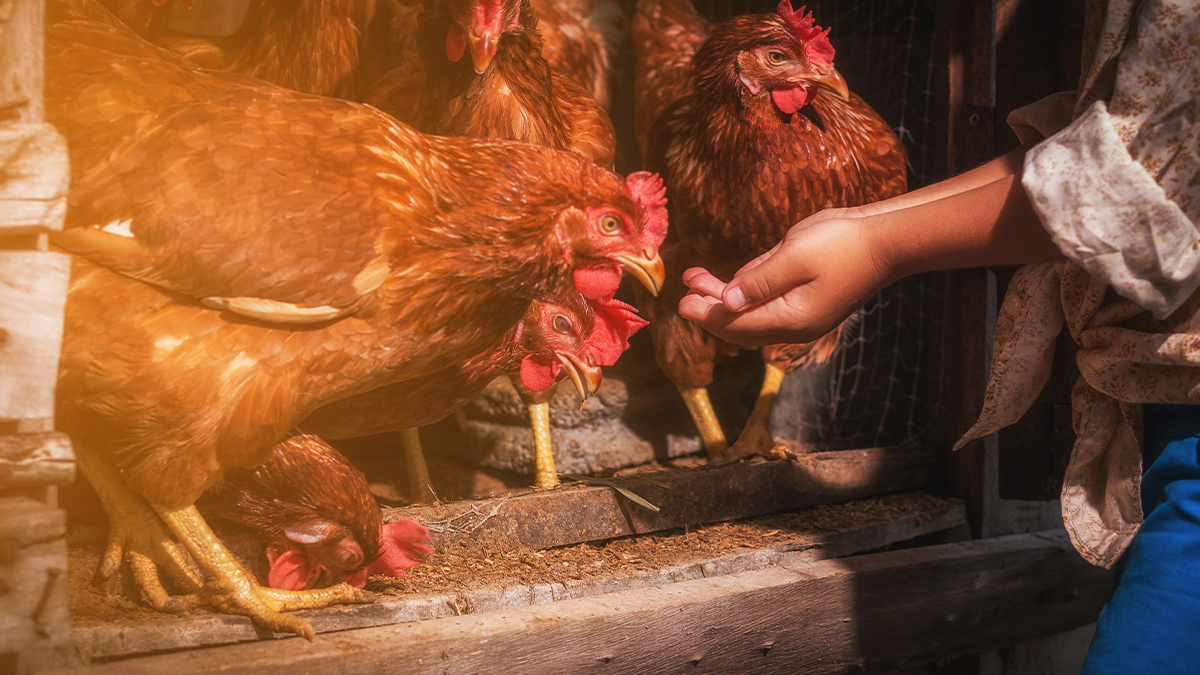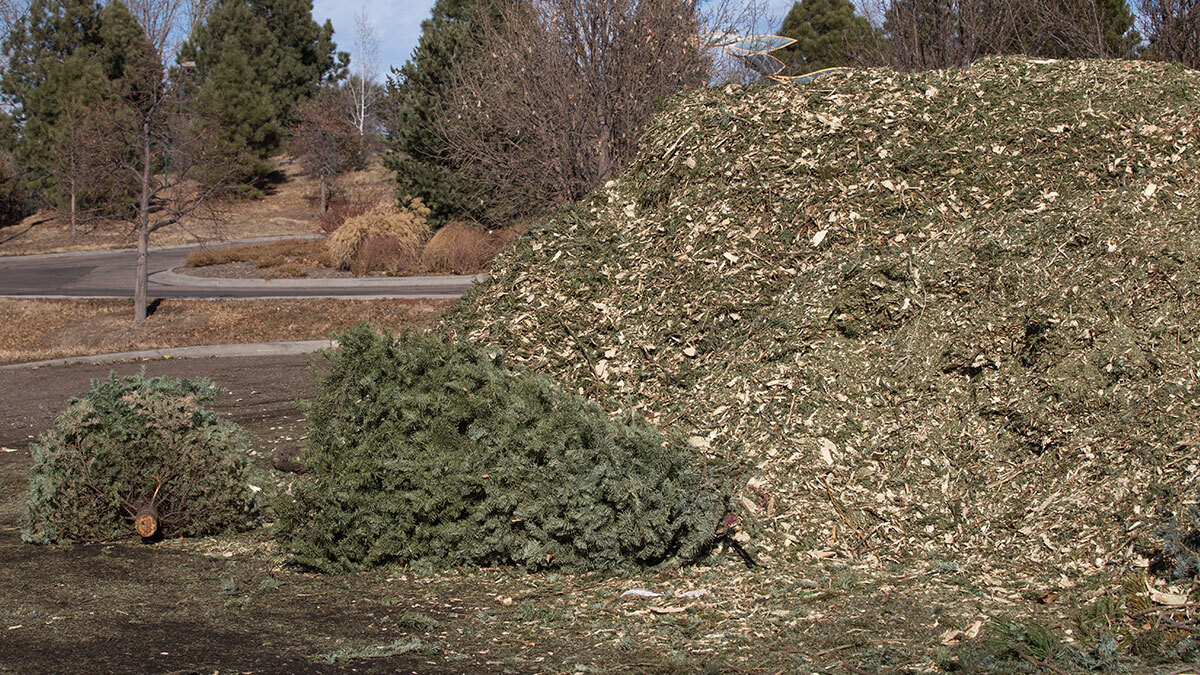on
The decision to homestead is a great one, but your success will largely depend on where you live.
That’s why it is so important to consider homestead-friendly states before you settle down.
While homesteading is allowed in every state, some are more homestead-friendly than others.
For example, some states have regulations that make homesteading harder, while others not only make homesteading easier, but also offer exemptions for homesteaders.
Ideally, you should head to one of the latter homestead-friendly states.
With that being said, don’t simply stop at the state level.
Homesteading may be allowed in each state, but each county and city have their own local regulations that may make homesteading easier or harder.
Additionally, if you choose to live in a neighborhood with an HOA, you need to pay careful attention to HOA restrictions.
For example, your state may allow homesteading, but your city may not allow beekeeping. Or your HOA may not allow you to keep livestock.
Read on to discover why it is so important to look for homestead-friendly states and which states to consider first.
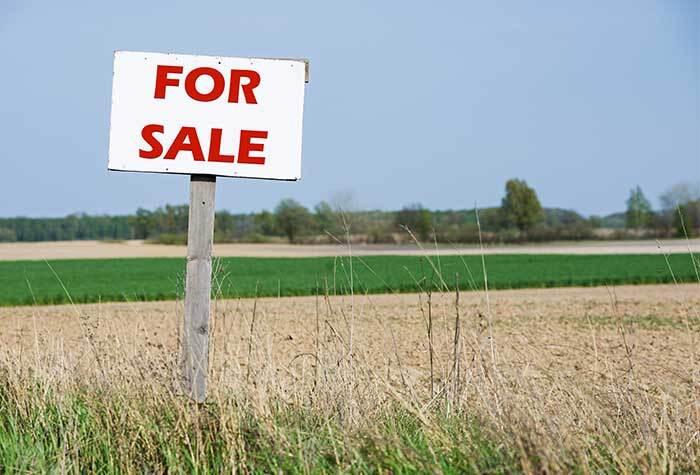
Things to Consider When Choosing Where to Homestead
Homesteading is a lifestyle.
Everything you do will end up revolving around homesteading—what you eat, where you shop, whom you spend time with, and where you send your kids to school.
That’s why it is essential to look for homestead-friendly states.
As you begin your research, there are some things to consider when choosing where to homestead.
Cost: The cost of land and cost of living are major deciding factors. If the costs are too high, you won’t be able to grow your homestead as you’d like. In addition, look at property taxes. Some states have reduced property taxes for homesteaders.
Homesteading laws: Homestead-friendly states tend to have a homestead law that protects families from having to give their entire homestead property to creditors. Some states also offer a homesteading exemption.
According to Find Law, “These so-called homestead protection laws permit property owners to declare a portion of their property a ‘homestead’ and thus off limits to creditors. States limit the amount that may be exempted by acreage or property value and typically allow for a much greater exemption (by acreage) of rural properties, since they are often used for agricultural purposes. As long as the exemption is for your primary residence (i.e., not a vacation home), creditors may not seize it to satisfy debts.”
[Related Read: Homesteading Laws Every Homesteader Must Consider]
Local regulations: In addition to homestead laws, pay careful attention to local regulations. For example, New York only allows homesteading in certain places. There are some states that don’t allow rain harvesting. Some counties have tight regulations for building, which means you can’t build without filing permits. Others have strict zoning and land use laws. If you purchase land or a home in an area with an HOA, consider their regulations, too. HOAs often have strict rules about gardening and keeping livestock.
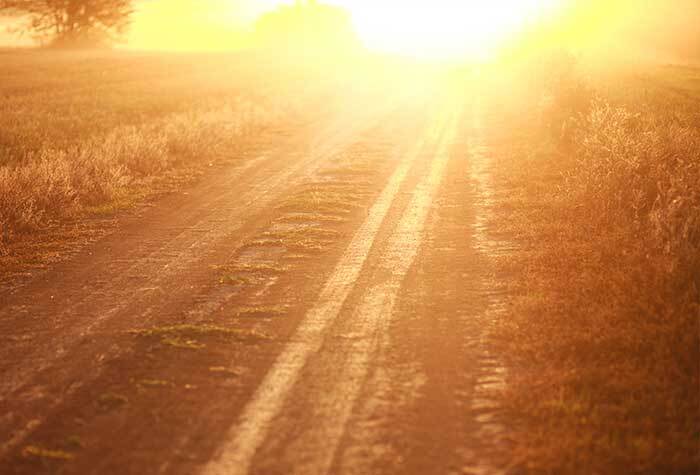
Climate: Climate is an important aspect in the most homestead-friendly states. This is because homesteaders are trying to be self-sufficient by growing their own food. Some states lend themselves to better gardening. Take time to review USDA zones before settling on an area.
Keep in mind that, as a homesteader, you will be outside working in that climate. While Alaska has plenty of land, the harsh climate is brutal for people and gardens. Likewise, the Florida heat may be a struggle for some.
Access to water: Water is critical, and we often take it for granted. Unfortunately, there are many places in the U.S. experiencing drought, which makes homesteading difficult. In addition to droughts, there are states that have more unsafe drinking water than other states. It is also important to consider your ability to access water on your homestead. Is rainwater harvesting allowed? Can you dig a well?
Ability to live off-grid: Many homesteaders dream of eventually living more and more off-grid. If this is one of your goals, you want to choose a homestead-friendly states that lends itself to off-grid living. There are some states, such as California, that don’t support off-grid living.
Community: While homesteading is all about self-sufficiency, you will still want community. Specifically, you’ll want a homesteading community. If you choose to live in a homestead-friendly state, it will be significantly easier to meet other homesteaders and get involved. For example, Oregon has towns composed of entire homesteading communities.
[Related Read: Why Every Homesteader Needs Community]
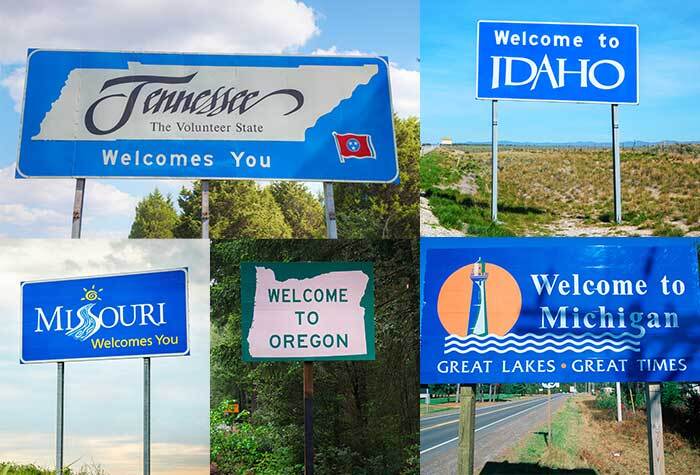
The 5 Most Homestead-Friendly States
Now you have an idea of why where you homestead matters and what things you need to consider when making a homesteading move.
To make it easier, we’ve put together a list of the five most homestead-friendly states in America.
1. Idaho Idaho tops our list as it is one of the most popular places for homesteaders—and for good reason! Idaho is very accommodating to homesteaders, with laws that are beneficial to homesteaders (including protection of up to $100,000). Plus, the climate, land, and soil are ideal for growing.
2. Tennessee Many homesteaders have found happiness in Tennessee. The fertile land and varying seasons appeal to those with hopes of farming. Tennessee also has a significantly lower cost of living than other states. Importantly, Tennessee is also welcoming to homesteaders, even hosting popular homesteading conferences and offering a homesteading exemption.
3. Oregon Oregon is a great choice for homesteaders, especially those with goals of using their homestead to earn money. The state has land that is good for orchards and livestock. Homesteaders frequently sell their goods at local farmers’ markets and build relationships within homesteading towns. Plus, homestead laws in Oregon are favorable and offer exemptions.
4. Michigan While you can’t grow outdoors year-round in Michigan, you may still find joy in homesteading here. For instance, you can enjoy greenhouse gardening and Michigan’s unique “right to farm” laws. Additionally, Michigan even allows for urban homesteading in its homestead laws.
5. Missouri The lengthy growing season in Missouri is very appealing to many homesteaders. Plus, there is a lot of land available, so you can purchase a larger plot for your dream farm. Then, you can sell your goods at one of the many markets. Missouri also offers beneficial homestead laws.
Get access to premium content and more!
Prepping the Homestead for Fall – Checklist



